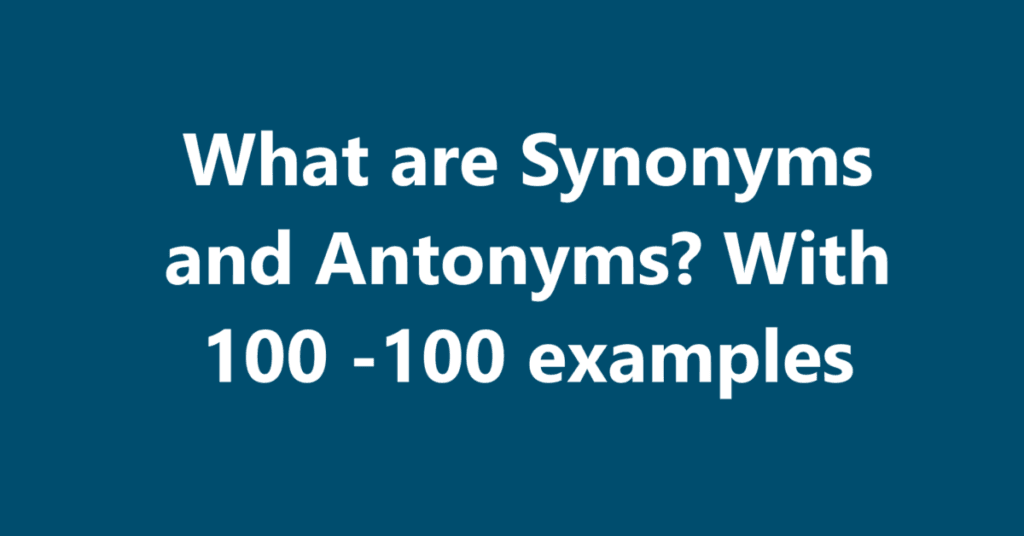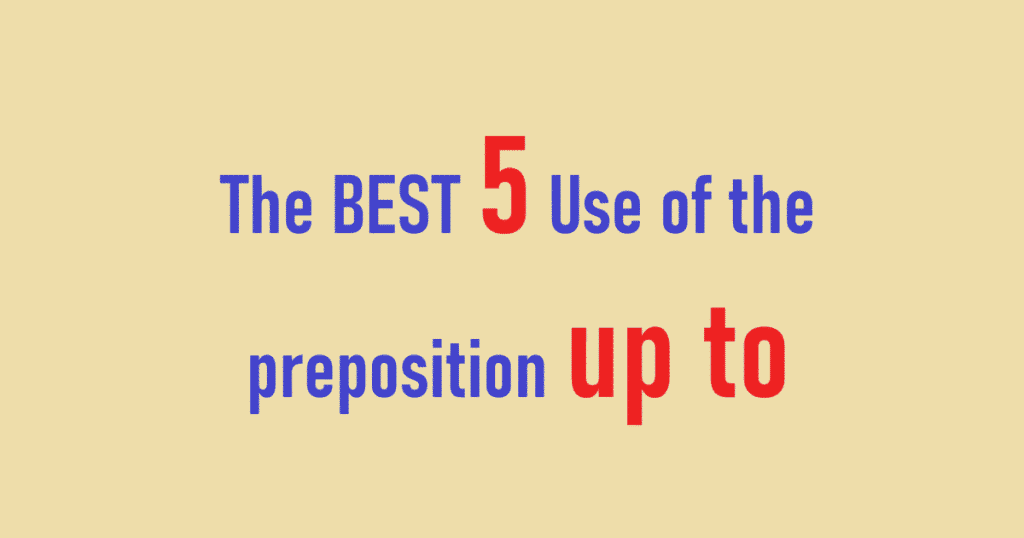Understanding the Use of “Would” with Examples
The English language is rich in nuance, much like a palette of colors that allows for precise expression, particularly when it comes to its modal verbs. Among these, “would” stands out as one of the most versatile and commonly used, thanks to its ability to facilitate polite and indirect communication. It serves multiple functions, ranging from making polite requests to expressing hypothetical situations. In this blog post, we will delve into the various uses of “would,” providing clear examples to help readers grasp its application in everyday communication.
1. Expressing Politeness
One of the most prevalent uses of “would” is in polite requests or offers. When we use “would,” we often soften our language, making it more courteous and respectful. Politeness plays a crucial role in communication as it helps establish mutual respect and fosters positive interactions, especially when engaging with individuals who may not share the same familiarity with our language norms.
Examples:
- Polite Requests:
- “Would you mind passing the salt?”
- “Would you be able to help me with this task?”
- Offers:
- “I would love to help you with your project.”
- “Would you like a cup of tea?”
In these examples, “would” conveys a sense of politeness that direct commands or questions might lack. It allows the speaker to express their desires without coming across as demanding.
2. Making Hypothetical Statements
Another significant use of “would” is to discuss hypothetical situations, which refer to scenarios that are imagined rather than real and typically do not exist in the present. This function is essential for storytelling, expressing wishes, or describing situations that could happen under specific conditions.
Examples:
- “If I won the lottery, I would travel the world.”
- “If she were here, she would know what to do.”
- “I would buy a house if I had enough money.”
These examples illustrate how “would” helps us explore various outcomes based on conditions. The “if” clauses set up the hypothetical context, while “would” indicates the potential response or action.
3. Expressing Preference
“Would” can also indicate a preference for one thing over another or express a desire for a specific outcome. This usage is common in phrases like “I would prefer” or “I would rather,” and it subtly conveys politeness or tentativeness compared to direct expressions like “I prefer.” Employing “would” adds nuance to communication, making it softer or more considerate in tone.
Examples:
- “I would prefer a quiet evening at home over a loud party.”
- “I would rather have coffee than tea, thank you.”
In these sentences, “would” showcases personal choices and inclinations, allowing the speaker to articulate their wishes clearly.
4. Future in the Past
In narratives, “would” often functions to express a future event from the perspective of a past time. This usage can create a sense of nostalgia or discuss plans that were once in place.
Examples:
- “When I was a child, I thought I would be a doctor.”
- “She knew that he would arrive late based on previous experience.”
Here, “would” refers to what was anticipated in the past, thereby giving readers insight into characters’ minds and the unfolding of events.
5. Indirect Speech
“Would” is frequently used in indirect speech when reporting what someone else has said or asked. This construction allows speakers to convey someone else’s intentions or desires without quoting them directly.
Examples:
- Direct Speech: “I want to go to the beach.”
- Indirect Speech: “She said she would like to go to the beach.”
In these instances, “would” replaces “want” to reflect the change in tense necessary for indirect speech.
6. Conditional Sentences
In conditional sentences, particularly those using the second or third conditional forms, “would” plays a crucial role in expressing potential outcomes based on certain conditions.
Examples:
- Second Conditional: “If I were a bird, I would fly anywhere I wanted.”
- Third Conditional: “If they had left earlier, they would have caught the train.”
These sentences demonstrate how “would” articulates the outcome of a condition that is either unlikely (second conditional) or impossible (third conditional).
7. Describing Habits
“Would” can also describe repeated actions in the past, similar to the concept of habitual actions. In this context, it is synonymous with “used to.”
Examples:
- “When I was younger, I would spend summers at my grandparents’ house.”
- “Every Sunday, we would go for a family dinner.”
In these examples, “would” reflects activities that were routinely undertaken, providing a window into past habits.
Summary
The modal verb “would” is a powerful tool in the English language, serving various functions from making polite requests to discussing hypothetical situations and expressing preferences. By mastering its use, speakers can convey their thoughts and desires in a way that is nuanced and respectful.
Remember that context is essential when using “would.” The meaning can shift depending on the structure of the sentence and the surrounding words. Therefore, practice incorporating “would” in different situations to enhance your fluency and communication skills.
As you continue to explore and practice the use of “would,” consider the myriad ways this versatile word can enrich your conversations and writing. Whether you are making polite requests, discussing dreams of the future, or recounting past habits, “would” is an essential element of proficient English communication.


